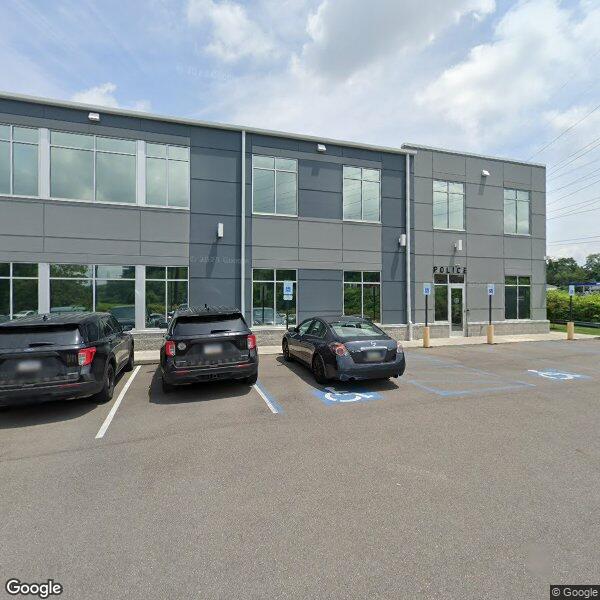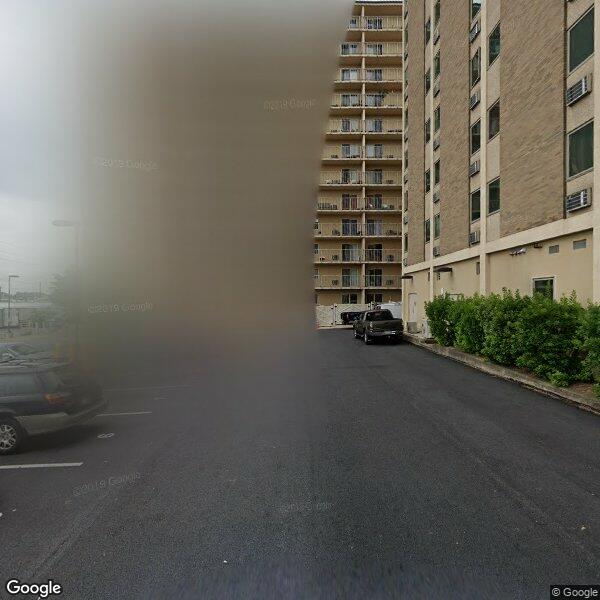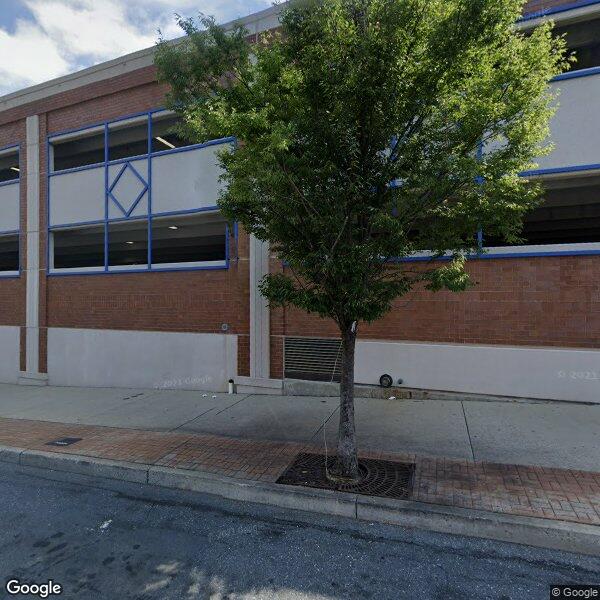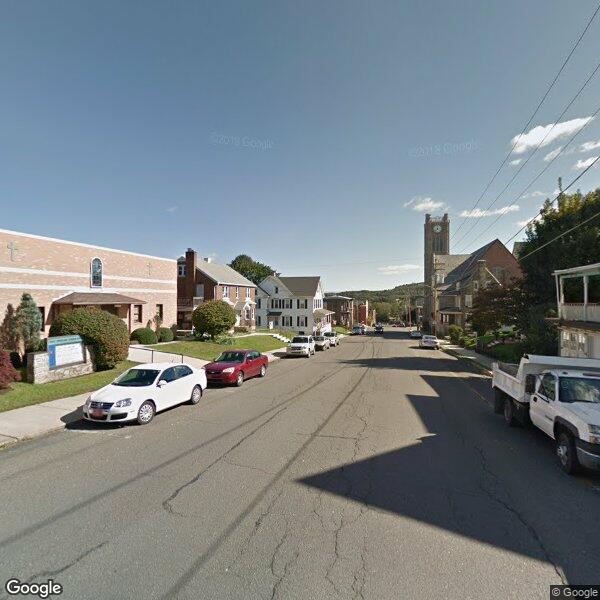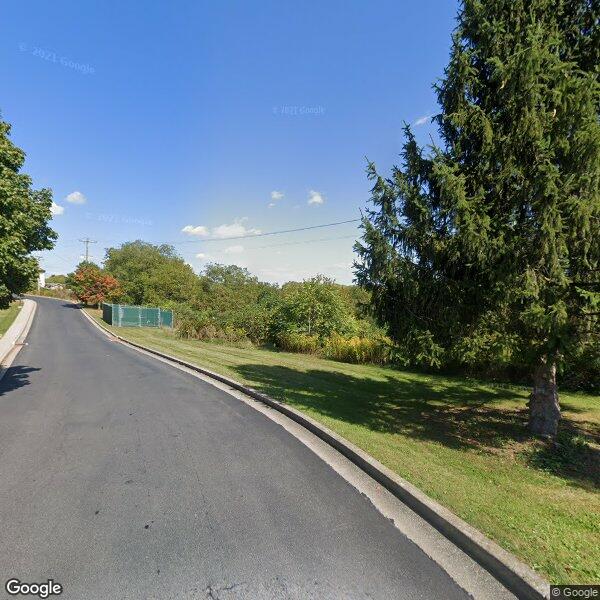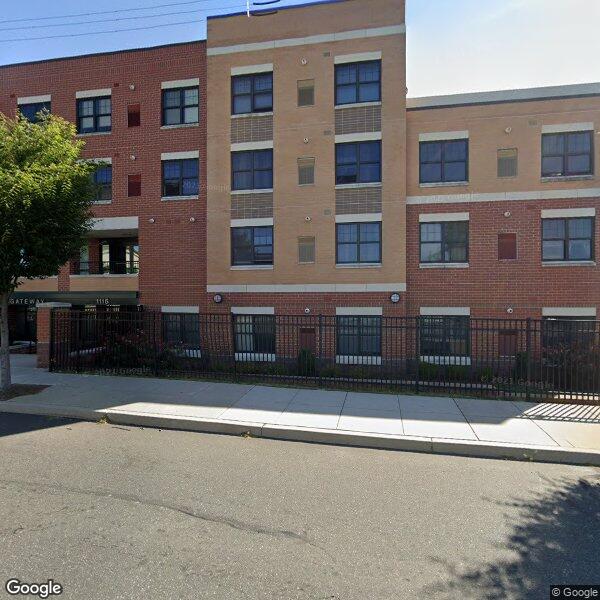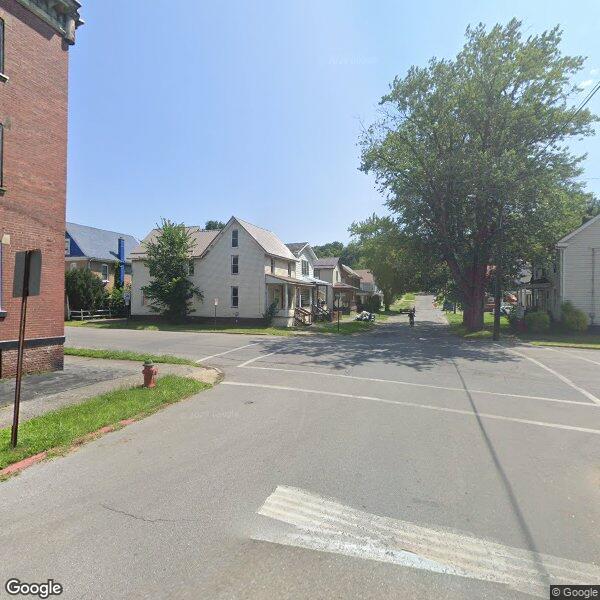The Pennsylvania Guide to Section 8 Housing
The Section 8 Housing program in Pennsylvania provides vital rental assistance to low-income households, helping them secure safe, sanitary, and affordable housing in the private market. With over 100,000 Pennsylvanians relying on Section 8 vouchers, the program plays a crucial role in preventing homelessness and housing instability across the state.
What is Section 8 Housing in Pennsylvania
Section 8 housing is a program funded by the United States Department of Housing and Urban Development. Local public housing authorities across the state administer the funds and provide rental assistance to low-income households, those with disabilities, and the elderly.
Approved applicants receive vouchers that they can use to help pay rent on private market rental units. Landlords who accept Section 8 vouchers receive a portion of the rent directly from the housing authority.
What is the Most Section 8 Will Pay in Pennsylvania?
The maximum amount that Section 8 will pay toward rent in Pennsylvania depends upon the Fair Market Rents. Established by the U.S. Department of Housing and Urban Development, FMRs represent the 40th percentile of gross rent for typical rentals in the local market.
While FMRs limit the total subsidies Section 8 will provide in Pennsylvania, the actual voucher amount depends on the income of the assisted household. Vouchers may cover the full FMR amount for very low-income families, while households with higher incomes typically contribute around 30% of their income toward rent, subject to HUD limits.
Fair Market Rent
The HUD Section 8 program pays rents for low-income households directly to private landlords. The Housing Authority of Pennsylvania will pay about 70% of a tenant’s rent, while the tenant will pay the other 30%. Fair Market Rents generally determine the maximum rent that a Section 8 landlord will be allowed to charge their residents. The table below shows current fair market rents for Pennsylvania.
What are the Pennsylvania Section 8 Housing Requirements?
Applicants must meet several requirements to qualify for and maintain Section 8 in Pennsylvania. Household income must generally fall below 50% of the area median income, with priority often given to households earning 30% or less of AMI, and participants must recertify each year with proof of income.
Additionally, applicants may undergo background screening, landlord reference evaluations, and unit inspections, with specific screening requirements varying by housing authority and landlord. Individuals subject to lifetime sex offender registration for certain federally prohibited offenses are not eligible for Section 8 assistance. Approval for Section 8 also requires proof of citizenship or legal residency status, including Social Security numbers for all household members.
What are the Income Limits for Housing Assistance Programs in Pennsylvania?
Income Limit
Income Limits are maximum income limits allowed based on household size. The following limits were established by HUD for low income households to be eligible for housing assistance in Pennsylvania for 2024.
In Pennsylvania, income limits apply for eligibility for various housing assistance programs funded by the Department of Housing and Urban Development.
The state bases those income limits on the Area Median Income for each county or metropolitan area. Income limits do adjust upward for larger families. In rural counties or areas of Pennsylvania, income limits are lower due to depressed economic conditions and lower AMIs.
Besides geographic differences, income limits also depend on the specific housing program. Public housing, HOME investments, and Section 8 all have variations on income eligibility caps statewide. Disabled individuals on fixed incomes may also have higher limits under certain housing assistance programs.
How Long Does it Take to Get Approved for Section 8 in Pennsylvania?
The wait time for Section 8 approval in Pennsylvania can vary depending on location and demand. In some rural counties, the wait may only be a few months from the initial application to voucher issuance. However, in major cities such as Philadelphia and Pittsburgh, wait times can stretch years due to high demand and limited voucher availability.
Applicants go on a waiting list after application submission. Their spot depends on factors such as the date and time of application, residency preference, and qualifying disability status. The longer the waitlist, the longer applicants end up waiting for approval.
Routine purging of waitlists for unresponsive applicants, increased federal funding, and special programs, such as HUD-VASH vouchers for veterans, can help reduce general wait times. Despite that, most applicants in Pennsylvania's urban centers are looking at multiple-year waits from application to voucher issuance.
How To Qualify for Section 8 in Pennsylvania
The first step to qualify for Section 8 is to determine income eligibility based on household size. Income must be below 50% of the median income for the county or metro area where an applicant resides. Limits adjust upward for larger families.
Applicants must also pass screening checks including criminal background checks, credit checks, landlord verification, and a home visit to confirm eligibility. Any lifetime registrants on Pennsylvania's Sex Offender registry will not qualify. Applicants need to provide proof of citizenship or legal permanent residency status as well.
Additional documentation including birth certificates, Social Security cards, tax returns, and pay stubs will help verify household composition and income. If applicants meet all eligibility requirements, they go on a waiting list. Time on the list depends on funding availability, vacancy rates, and priority status.
Once selected, voucher recipients must continue meeting program rules including maintaining a clean rental unit, paying their portion of rent on time, reporting any changes in income or household makeup, and recertifying eligibility annually.
How To Apply for Section 8 Housing in Pennsylvania
Applying for Section 8 in Pennsylvania starts by contacting the local public housing authority that administers the program in the county to submit an online or paper application.
Applicants should provide documentation to verify their household composition, income, citizenship status, and criminal history. If an applicant meets the income limits and eligibility criteria, the application goes on the Section 8 housing waitlist. How long the waitlist takes depends on the location. Rural counties have shorter wait times.
Once selected, applicants undergo eligibility verification again before receiving a voucher. The voucher is typically valid for 60 to 120 days, depending on the housing authority, with extensions often available. The unit should meet affordability requirements and pass a Housing Quality Standards inspection. Once leased, the housing authority will pay a portion of the rent directly to the landlord each month.
Can I transfer my Section 8 Voucher to Pennsylvania?
Section 8 recipients can transfer their vouchers between housing authorities and even between states, but the process requires advanced planning. Portability eligibility depends on the issuing housing authority, with some allowing immediate transfers and others requiring an initial lease period. Transfers are also contingent on the receiving housing authority in Pennsylvania having sufficient capacity and being willing to bill the initial housing authority.
To transfer a Section 8 voucher to Pennsylvania, the participant would first contact the housing authority in the area they wish to move to in order to verify if they accept transfers. If so, the applicant must demonstrate valid reasons for moving such as employment opportunities, education, safety concerns, or family reasons. Approval is also contingent on the applicant's current housing authority agreeing to the billing arrangements. There may be a waiting period before the transfer voucher gets issued.
Can I Buy a House with a Section 8 Voucher in Pennsylvania?
Recipients of Section 8 housing choice vouchers can use those vouchers for the home buying process in Pennsylvania through the Housing Authority's Housing Choice Voucher Homeownership Program.
Participants must meet certain eligibility criteria such as full-time employment and having an adequate income and credit history. The participant must also attend homeownership counseling and get approved for a mortgage loan through a lender.
With an approved mortgage, a Section 8 voucher will cover a portion of the monthly homeownership costs including the mortgage payment, taxes, and insurance. The subsidy amount is usually limited to the standard rental assistance amount the participant had been receiving.
What are the Public Housing Authorities in Pennsylvania?
Pennsylvania has over 100 housing authorities operating in the state. Not only are there metro-area authorities for cities such as Philadelphia and Pittsburgh, but smaller PHAs operate in rural counties across Pennsylvania and manage smaller inventories of public housing and voucher allotments based on local needs.
In total, PHAs provide affordable rental housing opportunities to hundreds of thousands of Pennsylvanians through public housing, voucher programs, and other offerings tailored to their communities. They work directly with HUD to administer housing aid that low-income residents of Pennsylvania rely on.
Pennsylvania Waiting List for Section 8 Housing
The waiting list for Section 8 rental assistance in Pennsylvania can stretch years long due to high demand and limited federal funding. In major cities such as Philadelphia and Pittsburgh, applicants often wait 3-10 years from initially applying to receiving a voucher, with waitlists often closed or lottery-based due to demand. While wait times in rural counties are generally shorter, most applicants in urban areas of Pennsylvania are facing multi-year waits.
The long waits are due to thousands of applicants competing for a limited number of vouchers that become available each year. Housing authorities maintain waitlists and award vouchers based on factors including the timing of the application, the applicant’s residency preference, veteran status, and occupying substandard housing.
Is Emergency Housing Assistance Available in Pennsylvania?
Emergency Rental Assistance Serving Pennsylvania
Allegheny County Emergency Rental Assistance
Program Type: County
Details: Offers emergency rental assistance, covid relief, utility assistance and more
Berks County Emergency Rental Assistance Program
Program Type: County
Details: Offers emergency rental assistance, covid relief, utility assistance and more
Bucks County Emergency Rental Assistance (BERA)
Program Type: County
Details: Offers emergency rental assistance, covid relief, utility assistance and more
Chester County Emergency Rent & Utility Assistance Program
Program Type: County
Details: Offers emergency rental assistance, covid relief, utility assistance and more
Cumberland County Emergency Rental Assistance Program
Program Type: County
Details: Offers emergency rental assistance, covid relief, utility assistance and more
Dauphin County Emergency Rent and Utility Assistance Program
Program Type: County
Details: Offers emergency rental assistance, covid relief, utility assistance and more
Delaware County Emergency Rental Assistance (DELCO ERA)
Program Type: County
Details: Offers emergency rental assistance, covid relief, utility assistance and more
Erie County Emergency Rental Assistance Program
Program Type: County
Details: Offers emergency rental assistance, covid relief, utility assistance and more
Lackawanna County Emergency Rental Assistance
Program Type: County
Details: Offers emergency rental assistance, covid relief, utility assistance and more
Lancaster CountyCOVID-19 Emergency Rental and Utility Assistance
Program Type: County
Details: Offers emergency rental assistance, covid relief, utility assistance and more
Local organizations administer some emergency services at the county level. Emergency rental and utility assistance may help pay overdue bills for households facing eviction or utility shut-offs, depending on local funding availability. Disaster relief grants can assist with housing needs after fires, floods or other catastrophes. Some programs will cover a security deposit or first month's rent to prevent homelessness.
Eligibility and length of assistance vary across Pennsylvania counties based on funding availability. In Philadelphia, Prevention Point offers emergency aid and The Office of Homeless Services oversees shelter options. Similar local organizations assist residents statewide.
When Is the Best Time to Apply for Section 8 in Pennsylvania?
There is no single best time to apply for Section 8 in Pennsylvania. For a household in need of financial support, the sooner they apply, the sooner they will receive help. Check out the waitlists today for their current status.



